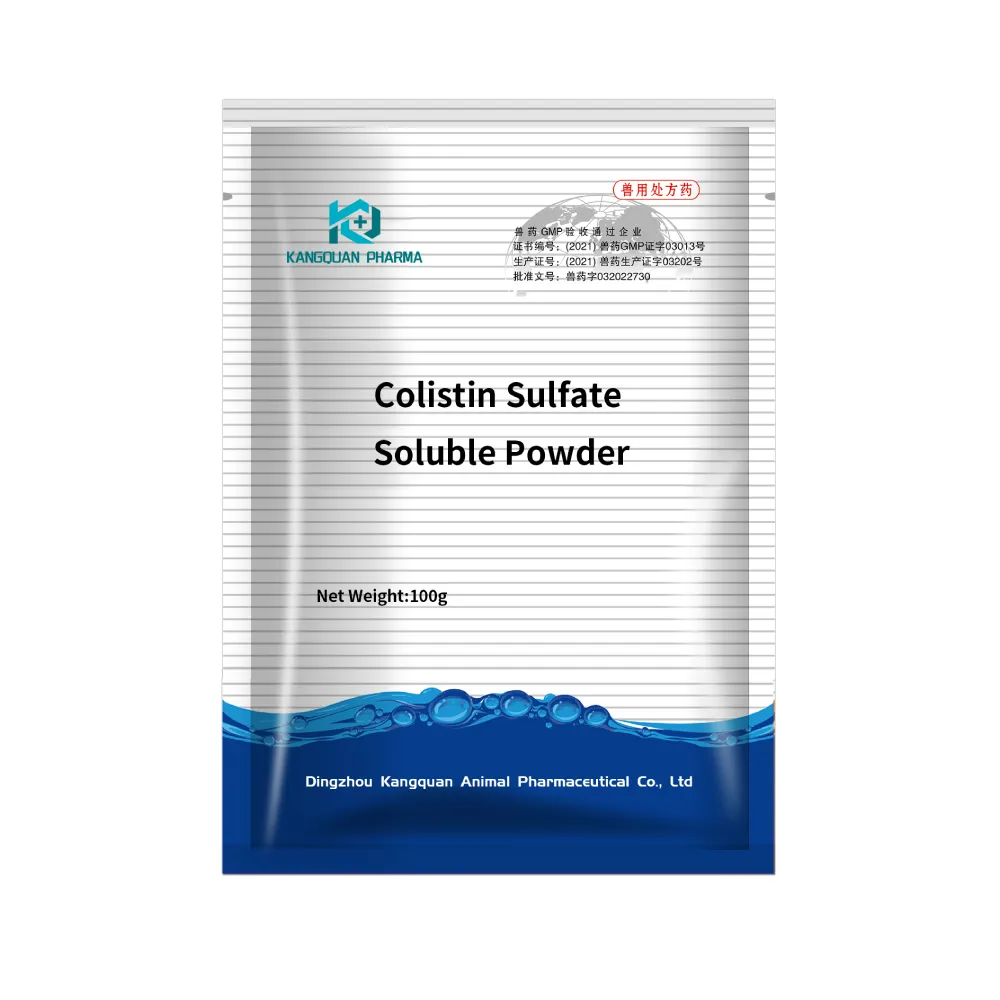- Afrikaans
- Albanian
- Amharic
- Arabic
- Armenian
- Azerbaijani
- Basque
- Belarusian
- Bengali
- Bosnian
- Bulgarian
- Catalan
- Cebuano
- Corsican
- Croatian
- Czech
- Danish
- Dutch
- English
- Esperanto
- Estonian
- Finnish
- French
- Frisian
- Galician
- Georgian
- German
- Greek
- Gujarati
- Haitian Creole
- hausa
- hawaiian
- Hebrew
- Hindi
- Miao
- Hungarian
- Icelandic
- igbo
- Indonesian
- irish
- Italian
- Japanese
- Javanese
- Kannada
- kazakh
- Khmer
- Rwandese
- Korean
- Kurdish
- Kyrgyz
- Lao
- Latin
- Latvian
- Lithuanian
- Luxembourgish
- Macedonian
- Malgashi
- Malay
- Malayalam
- Maltese
- Maori
- Marathi
- Mongolian
- Myanmar
- Nepali
- Norwegian
- Norwegian
- Occitan
- Pashto
- Persian
- Polish
- Portuguese
- Punjabi
- Romanian
- Russian
- Samoan
- Scottish Gaelic
- Serbian
- Sesotho
- Shona
- Sindhi
- Sinhala
- Slovak
- Slovenian
- Somali
- Spanish
- Sundanese
- Swahili
- Swedish
- Tagalog
- Tajik
- Tamil
- Tatar
- Telugu
- Thai
- Turkish
- Turkmen
- Ukrainian
- Urdu
- Uighur
- Uzbek
- Vietnamese
- Welsh
- Bantu
- Yiddish
- Yoruba
- Zulu
8 月 . 13, 2024 19:51 Back to list
Exploring the Benefits and Applications of Buparvaquone Injection in Veterinary Medicine
Buparvaquone Injection in Veterinary Medicine An Overview
Buparvaquone is a potent and highly effective veterinary pharmacological agent primarily used in the treatment of certain parasitic infections in animals, particularly in livestock. This drug belongs to the class of compounds known as naphthoquinones, which are renowned for their antiparasitic properties. Relying on its specific mechanism of action, buparvaquone has proven to be of significant value in veterinary medicine, especially in the management of diseases caused by protozoan parasites such as Theileria.
Buparvaquone Injection in Veterinary Medicine An Overview
Buparvaquone is typically administered as an injection, providing a practical and efficient method of delivery, especially in large animals that may be difficult to treat with oral medications. The formulation is designed for use under veterinary supervision, ensuring that the dosage and administration methods are tailored to the specific needs and health status of the animal. Proper administration of buparvaquone can lead to rapid recovery from Theileriosis, significantly improving the health outcomes of affected livestock.
buparvaquone injection veterinary

In terms of safety and tolerability, buparvaquone has demonstrated a favorable profile when used as directed. Adverse effects are usually minimal, which enhances its attractiveness as a treatment option. However, it is essential for veterinarians to conduct a thorough assessment of the animals being treated and to monitor them for any unusual reactions. This careful approach is crucial in optimizing therapeutic outcomes and ensuring animal welfare.
Furthermore, the use of buparvaquone is not limited to cattle; research has explored its potential efficacy in other veterinary species affected by similar parasitic infections. This broadens the scope of its application, showcasing its versatility as an antiparasitic agent in veterinary medicine. As resistance to conventional treatments becomes an increasing concern, buparvaquone's unique action mechanism reinforces its role in integrated parasite management strategies.
In conclusion, buparvaquone injection has emerged as a valuable tool in the fight against parasitic diseases in veterinary medicine. Its effectiveness against Theileria and its favorable safety profile make it a preferred choice for treating affected livestock. As the veterinary field continues to evolve, ongoing research and clinical trials will likely enhance our understanding of buparvaquone's potential applications, optimizing its use in various animal species. Ultimately, the continued development and responsible use of such medications are crucial in promoting animal health and productivity, contributing to the sustainability of the livestock industry. As veterinarians become more acquainted with buparvaquone, the pathways to combating parasitic threats will gradually improve, marking a significant advancement in veterinary pharmacotherapy.
-
The Power of Radix Isatidis Extract for Your Health and Wellness
NewsOct.29,2024
-
Neomycin Sulfate Soluble Powder: A Versatile Solution for Pet Health
NewsOct.29,2024
-
Lincomycin Hydrochloride Soluble Powder – The Essential Solution
NewsOct.29,2024
-
Garamycin Gentamicin Sulfate for Effective Infection Control
NewsOct.29,2024
-
Doxycycline Hyclate Soluble Powder: Your Antibiotic Needs
NewsOct.29,2024
-
Tilmicosin Premix: The Ultimate Solution for Poultry Health
NewsOct.29,2024













